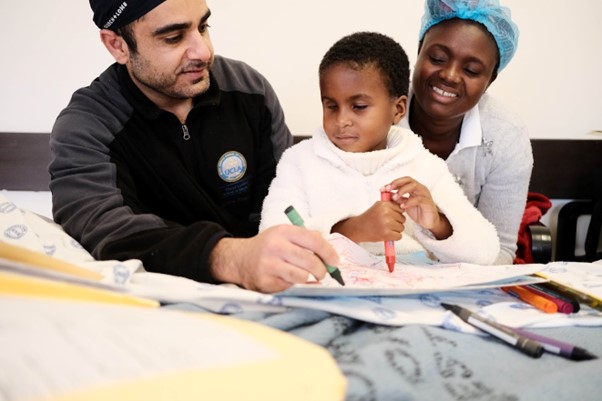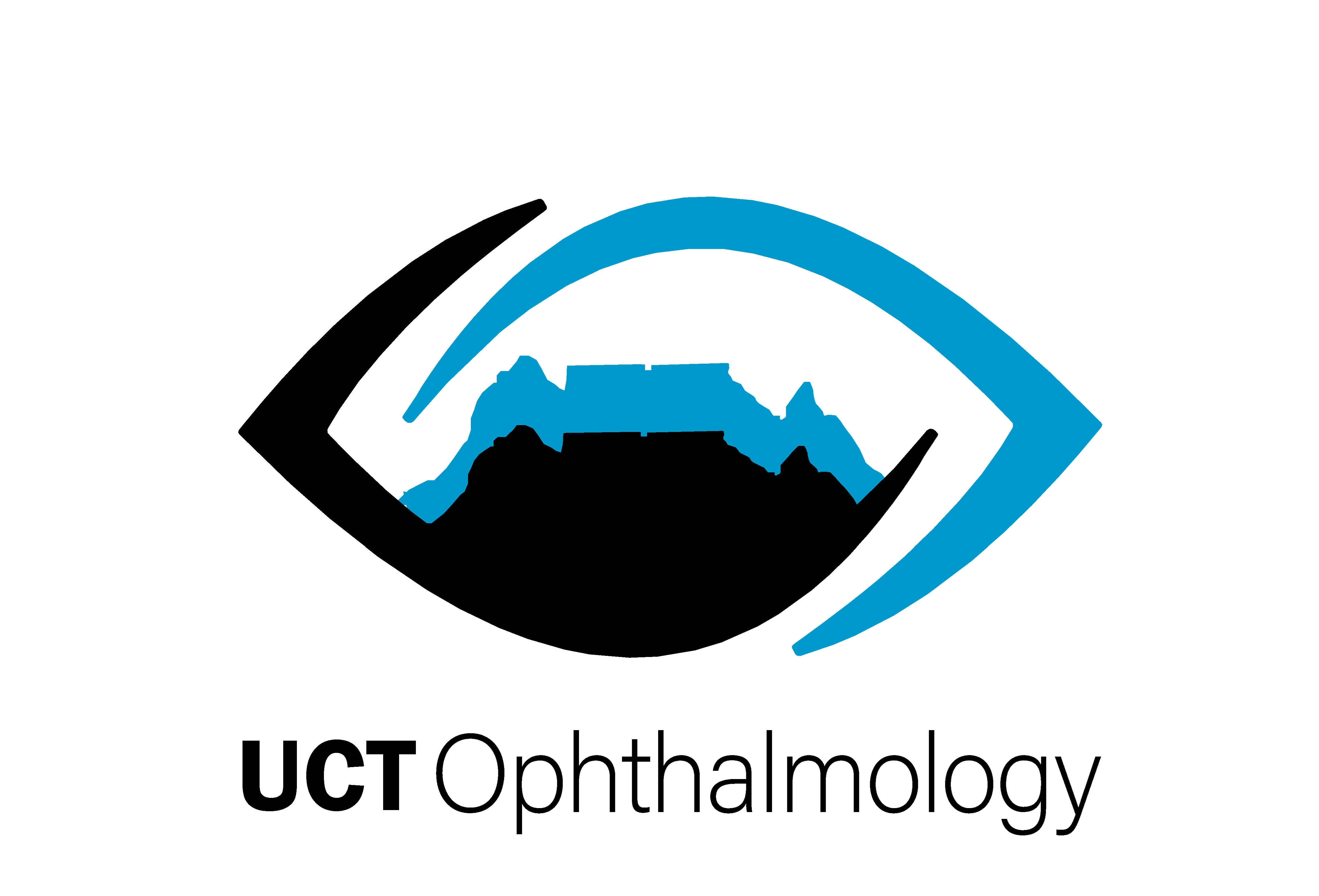Medical Officers
Following completion of a two-year internship and one year of community service, aspiring trainees have an opportunity to work for one year as a medical officer in ophthalmology. Typically, applicants for this post have already passed the Primary exam, but this is not a requirement. The medical officer functions as a junior registrar, working under supervision and rotating through the various firms.
Registrars
This is the substantive training post and competition is strong as our Division has only ten registrar posts funded by the Western Cape Government Department of Health. Our training program encompasses all aspects of contemporary ophthalmology, exposing registrars to the fullest spectrum of subspecialties. During their training, registrars have numerous opportunities to pursue research and are equipped with skills for lifelong enquiry.
In this way, we strive to produce ophthalmologists who have superb clinical and operative skills coupled with the intellectual rigour to cope with a career in the fast-paced and rapidly evolving field.
A registrar contract is awarded for five years. All registrars at UCT are expected to complete the exams set by the College of Ophthalmologists of South Africa, as well as complete a research dissertation for the degree MMed (Ophthalmology). Registrars rotate through the Groote Schuur Hospital ophthalmology firms, and do paediatric ophthalmology at Red Cross War Memorial Children’s Hospital.
External (Supernumerary) Registrars
Although only South African citizens and permanent residents may be appointed to funded registrar posts, we welcome trainees from other African countries who are funded independently. The Division of Ophthalmology is committed to the University’s vision to internationalise UCT through developing human resources for healthcare in Africa supernumerary’ registrars. Depending on training capacity, we take on additional trainees from elsewhere in Africa who have committed to returning home to develop ophthalmology in their own countries. A number of alumni have already returned home to provide much-needed services to their countries, and have been able to publish their experience in leading journals.
Contributing to Ophthalmology in Africa
One of our long-term goals is to help build expertise in various regions to support the establishment of world-class training centres in those parts of our continent.

Program Director: Associate Professor Christopher Tinley
